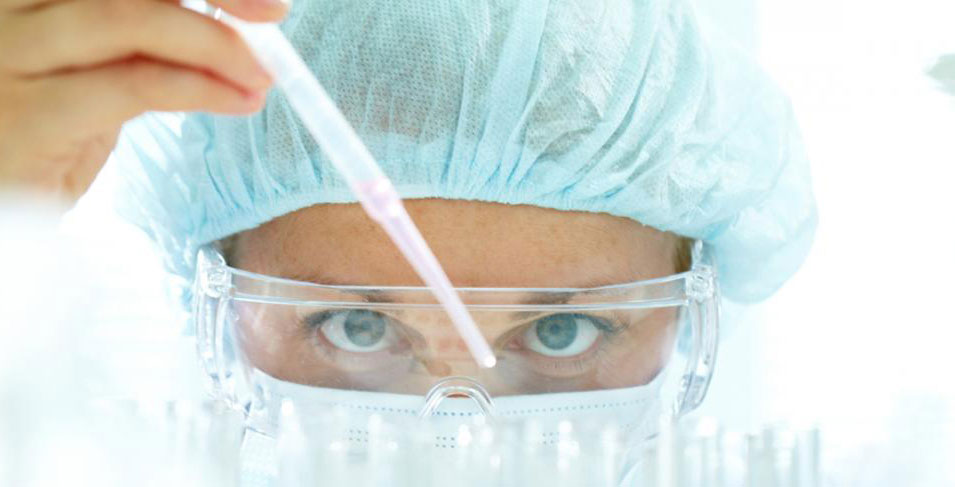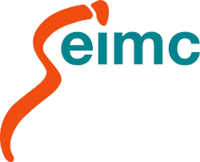

Quality is a priority at Eurofins Megalab
In addition to this certification, we obtained UNE-EN ISO 14001 Environmental certification in 2016, as a result of our ongoing goal to improve and have a lower impact on nature, working constantly to reduce our environmental footprint with activities that are energy-efficient and as non-aggressive as possible.
In 2019 we obtained UNE-EN ISO 45001 certification on Health and Safety at the Workplace, the goal of which is maximum respect for our employees and ongoing improvement that will enhance and optimise their techniques and work conditions.
This long and arduous path has enabled us to learn and to seek the best and most reliable techniques and work methods which then led us in 2021 to achieve the maximum acknowledgement regarding quality, UNE-EN ISO 15189 accreditation in the detection of SARS-CoV-2 RNA by PCR, from nasal swabs.
Certificates
- Accreditation certification to detect SARS-CoV-2 RNA by real-time PCR (RT-PCR), from nasal swabs, in accordance with the standard UNE-EN ISO 15189.
- Certification of Quality in accordance with the standard UNE-EN ISO 9001.
- Environmental Certification in accordance with the standard UNE-EN ISO 14001.
- Health and Safety at the Workplace Certification in accordance with the standard UNE-EN ISO 45001.
Quality control
Eurofins Megalab regularly and continuously participates in Intercomparison Tests with the main clinical laboratory scientific societies, both nationally and internationally, which allows us to:
- Continuously evaluate the analysis processes.
- Improve analysis accuracy and precision.
- Continuously improve our analysis processes.
- Detect possible systematic errors.
- Provide ongoing training for our staff.





















